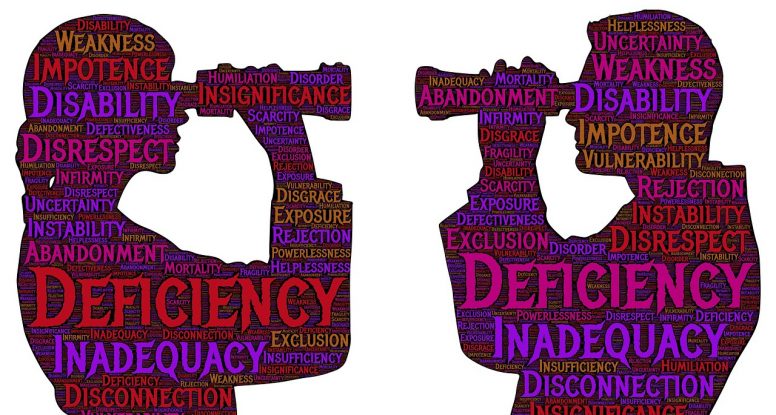This is an old psychology formula that makes good sense. “A” is the Activating event or the trigger that gets stuff rolling. “B” is the Belief system or judgment(s) that makes things worse (or possibly better, depending on your beliefs). “C” is the Consequence or outcomes.
This is how the formula works. Mostly the A or activating event (the thing that triggers you) just happens. You can’t control most circumstances and you are not immune to being hurt or upset. It is the B or belief system that produces the C or consequence.
Here is an example from a couple I saw a couple of weeks ago. The male partner was enraged for what he experienced the weekend just prior. This is the A – what he thought his wife did to him. He accused her of shaming him in front of his friends at a really fun party. This is the B – that he felt judged and that he should not be. The C was his rage and hurt and his spiteful behaviour for days following.
This is what went on: she asked him not to drink any more beer that night. He was getting pretty loud and acting “drunk-ish,” she said. She was worried by his disinhibition: flirting, bragging, over-laughing. She asked him quietly to stop the beer, she said. He thinks she publicly shamed him.
A bit later in the session, I asked about his thought processes and what triggered him. “I don’t need her to control me. She is not so perfect. I like to loosen up with my friends. She is so uptight.” That is the B or the belief systems that fueled his fire.
The B (or belief system) produced the C (or consequence) of several days of his swearing and anger, and spitefully threatening a divorce. Her C was to disappear from his sight, visit with her friends in the evenings, make him a Nespresso in the morning.
Here is what I said: “Your problem might be beer – I don’t know that – but it certainly is your belief system. You think that your partner is ruining your life. Where did you get that idea from?”
It still surprises me how hard we hold on to our unhelpful convictions. He needed to be right. He needed her to be wrong. He needed me to validate his narrative.
And then he saw it, reluctantly and thoroughly. He said, “I guess if I didn’t feel ‘small’ with her, I could have handled this differently. Maybe not right away but certainly within a couple of hours.” He apologized to her. She gladly accepted.
Now the therapy begins. He has to sort through his bloated belief system and find out something truer about himself and his partner. (More to come.)
[You are invited to make any comment you wish on this post or anything else on my site by emailing me at life@theducklows.ca. Thanks.]




